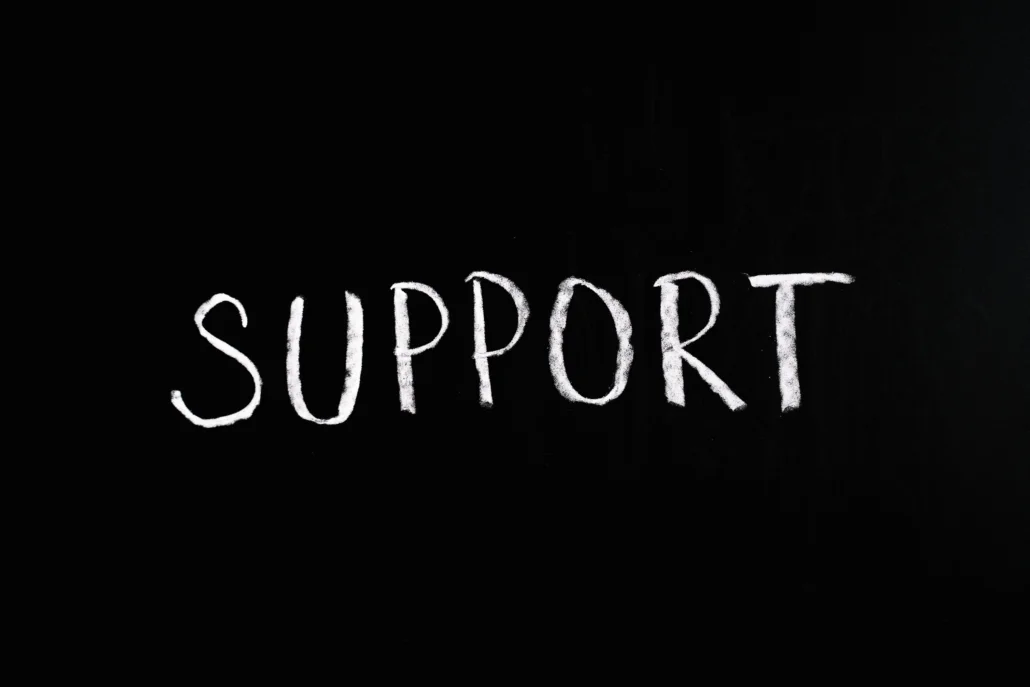Do you remember learning about consequences as a kid? A parent or teacher may have warned you about what might happen if you didn’t stop a behavior or action. Maybe you did stop and avoided the dire prediction. Maybe you didn’t, and the lesson about consequences got a lot more real.
Punishing Bad Behavior

Without a doubt, consequences are right and good when they penalize unsafe behavior, when they reinforce positive behavior, and when they’re situationally appropriate. The criminal justice system includes a variety of consequences in its sentencing processes. In addition to penalties such as fines and incarceration, usually federal, state, and local laws also impose collateral consequences that go into effect after a person has “paid their debt to society.”
Promoting Safety
In concept, many of these legal sanctions and disqualifications are apropos. For example, a person with a violent felony conviction may not own certain kinds of weapons. A person with a vehicle-related conviction may lose driving privileges. The consequence matches the offense. It also may prevent similar offenses from being committed, so it makes the community safer. But what about when imposed restrictions are random, restrict freedom indefinitely, and prevent people from becoming self-sufficient when they are released from incarceration?
Barring Employment
Washington law includes 901 state-level provisions imposing collateral consequences, and 69% of those relate to employment. They restrict access to occupational licenses and business licenses and/or limit who can hire people with certain criminal backgrounds. Many employment-related collateral consequences are long-term or don’t provide a definite means of relief. They make certain types of employment off-limits for anyone who ever had a felony conviction.

Some laws set a time limit or a provision on a consequence to make sure that a person takes some rehabilitative steps. For example, a driver’s license suspension may end after 90 days or upon completion of a driving course. If there is no end date on a consequence, people may resolve it by having a criminal record sealed or expunged. A waiting period of three to five years is typical for these forms of relief.
Creating Roadblocks to Success
Some laws regarding consequences are vague, requiring an employer or licensing board to check for a particular criminal conviction, but then failing to give further instructions. In these “discretionary” cases, employers can make up their own minds whether to restrict or disqualify the applicant. Fortunately, licensing bodies and public employers can’t just deny the applicant based on the conviction unless a) there’s a direct relationship between the type of conviction and the type of job, and b) the conviction happened within 10 years.
One of West Sound’s counselors, Kelley Lovelace, experienced a discretionary collateral consequence when applying for her chemical dependency trainee license from the Department of Health. The DOH didn’t deny her application, but they did create a lot of extra hoops for her to jump through before they granted her license.
“I had to go to every county I ever committed a crime in and get judgment and sentence paperwork,” Kelley explained. “Then I had to get letters of recommendation from the community and write out all my charges and explain why I committed them and why the DOH should give me a chance/license.”
The charges had been dismissed when she graduated from drug court years before, but because of the discretionary power given to the licensing board by the state, obtaining her license took seven extra months of performing activities designed to shame and disparage. During those seven months, her career progress was on hold, and she didn’t know whether she’d get to continue doing what she loved: helping people with substance use disorders.
Kelley didn’t give up, and with her characteristically positive outlook, she says now she’s grateful that the DOH gave her the chance to prove that she could overcome obstacles and achieve her goals. WSTC is grateful, too! Kelley is a credit to the agency with her strong work ethic and her passion for fighting addiction.
Focusing on Recovery
People should become self-sufficient, contributing members of society because of learning experiences from consequences, not in spite of roadblocks they create. And having a mind frame that seeks to restore people to society does more than just provide second chances. It changes our mental attitude toward those who have made mistakes. It says, “What can I do to help you become healthy?” instead of “How can I punish you for your mistake?”

Working in behavioral health services, we at WSTC are here because we all believe in helping clients on their path to recovery. We also want to help foster the attitude of assistance and support for each other in the community. If you need our help, or you want to collaborate with us on building a healthier community, call us at 360-876-9430.
Sources:
The Council of State Governments: Washington Snapshot of Employment-Related Collateral Consequences
National Inventory of Collateral Consequences of Criminal Conviction


